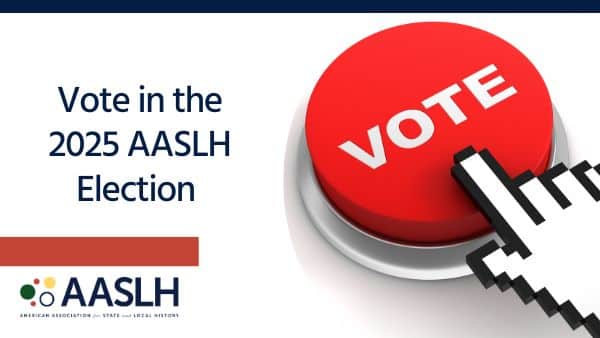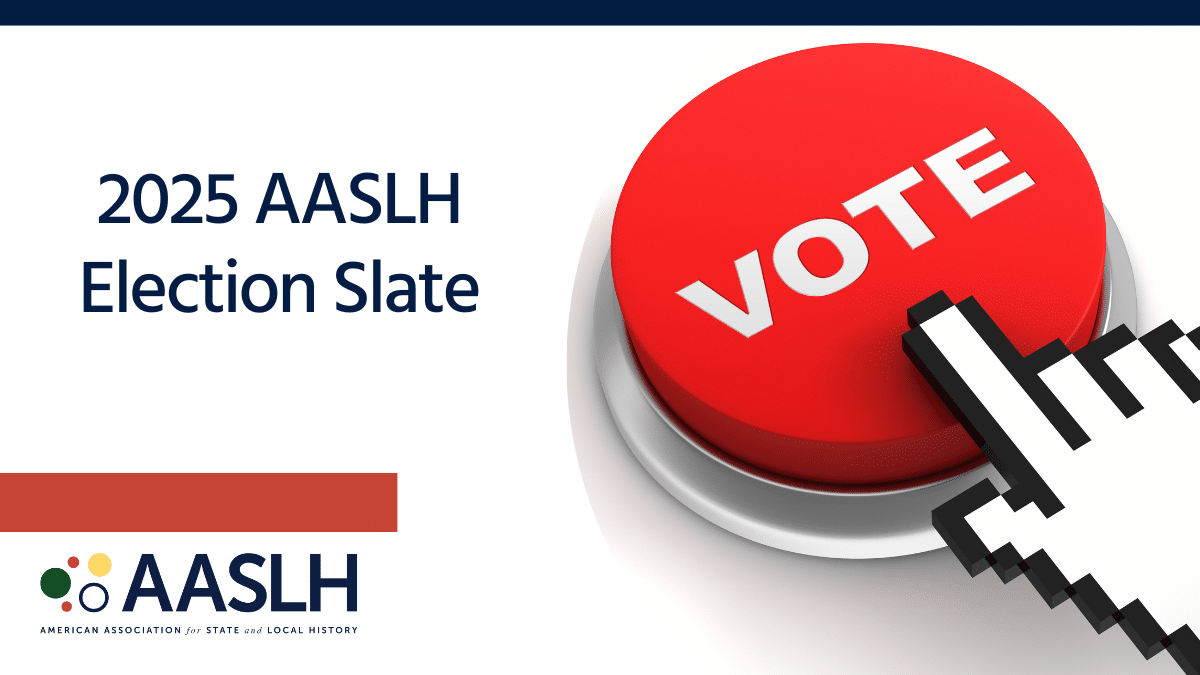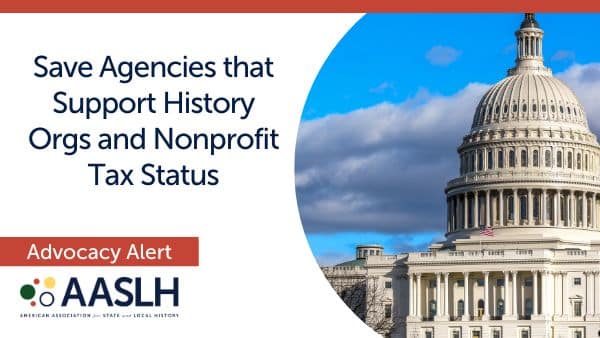As mostly nonprofit history organizations, a lot of AASLH members rely on unpaid interns to help at their sites throughout the year. We have all used unpaid interns for special projects, cataloging artifacts in Past Perfect, giving tours, and more. But are unpaid internships legal?
I saw a news item this morning about how NBCUniversal settled a class action lawsuit with its unpaid interns for $6.4 million. Other companies, particularly in the entertainment industry, are also under fire for their programs, leading many to eliminate them entirely.
So, what is the truth about unpaid internships? I did a little checking. According to Forbes.com, there are six legal requirements for unpaid internships as considered by the U.S. Supreme Court:
- The internship, even though it includes actual operation of the facilities of the employer, is similar to training which would be given in an educational environment.
- The internship experience is for the benefit of the intern.
- The intern does not displace regular employees, but works under close supervision of existing staff.
- The employer that provides the training derives no immediate advantage from the activities of the intern; and on occasion its operations may actually be impeded.
- The intern is not necessarily entitled to a job at the conclusion of the internship.
- The employer and the intern understand that the intern is not entitled to wages for the time spent in the internship.
The author of the article, Peter I. Minton, adds that for the Department of Labor to allow the unpaid internship, all six requirements must be in place. Nonprofit organizations, however, can be exempt from some requirements.
According to the National Council of Nonprofits, it is also important that nonprofit organizations classify unpaid interns as volunteers, not employees. Volunteer status should be qualified in writing as part of your internship contract. If you consider your interns volunteers, but pay them a stipend at the end of the summer, that could also bring unintended consequences for your organization.
This is a sticky issue that requires more research if you regularly use interns at your organization. I am certainly not an expert on labor law, however, if you depend on unpaid interns, you might want to consult an expert. Here are some resources to help get you started:
Bethany L. Hawkins is Program Manager for AASLH. She can be reached at [email protected].




